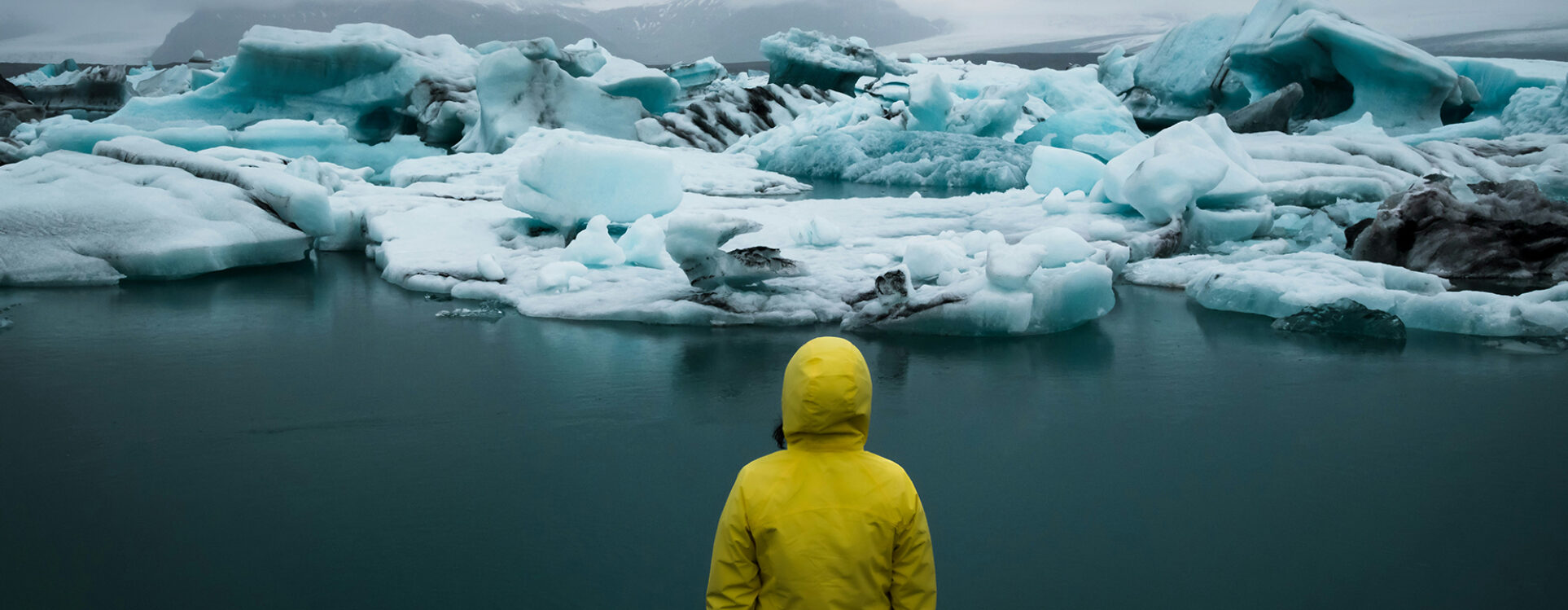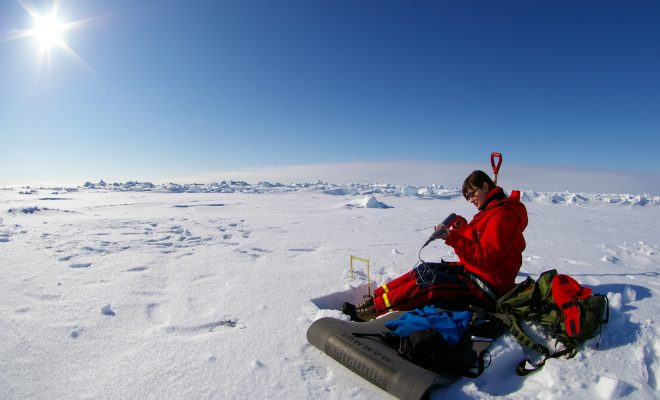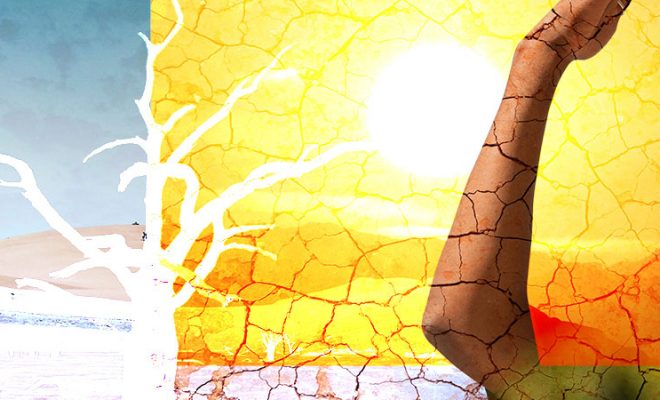Late spring and early summer have been exceptionally hot in many parts of the world. According to Copernicus, Western Europe experienced the hottest June on record, with temperatures reaching 20.49°C, 2.81°C above the recent average. Globally, it was the third hottest June ever recorded.
The worst consequence of heat waves is the rising death toll. According to Spain’s Carlos III Health Institute, between June 21 and July 2, there were 453 deaths attributed to high temperatures, with 380 deaths estimated for June alone. June 30 was the deadliest day, with 46 heat-related deaths. Across Europe, a severe heatwave caused an estimated 2,300 deaths in 12 key cities.
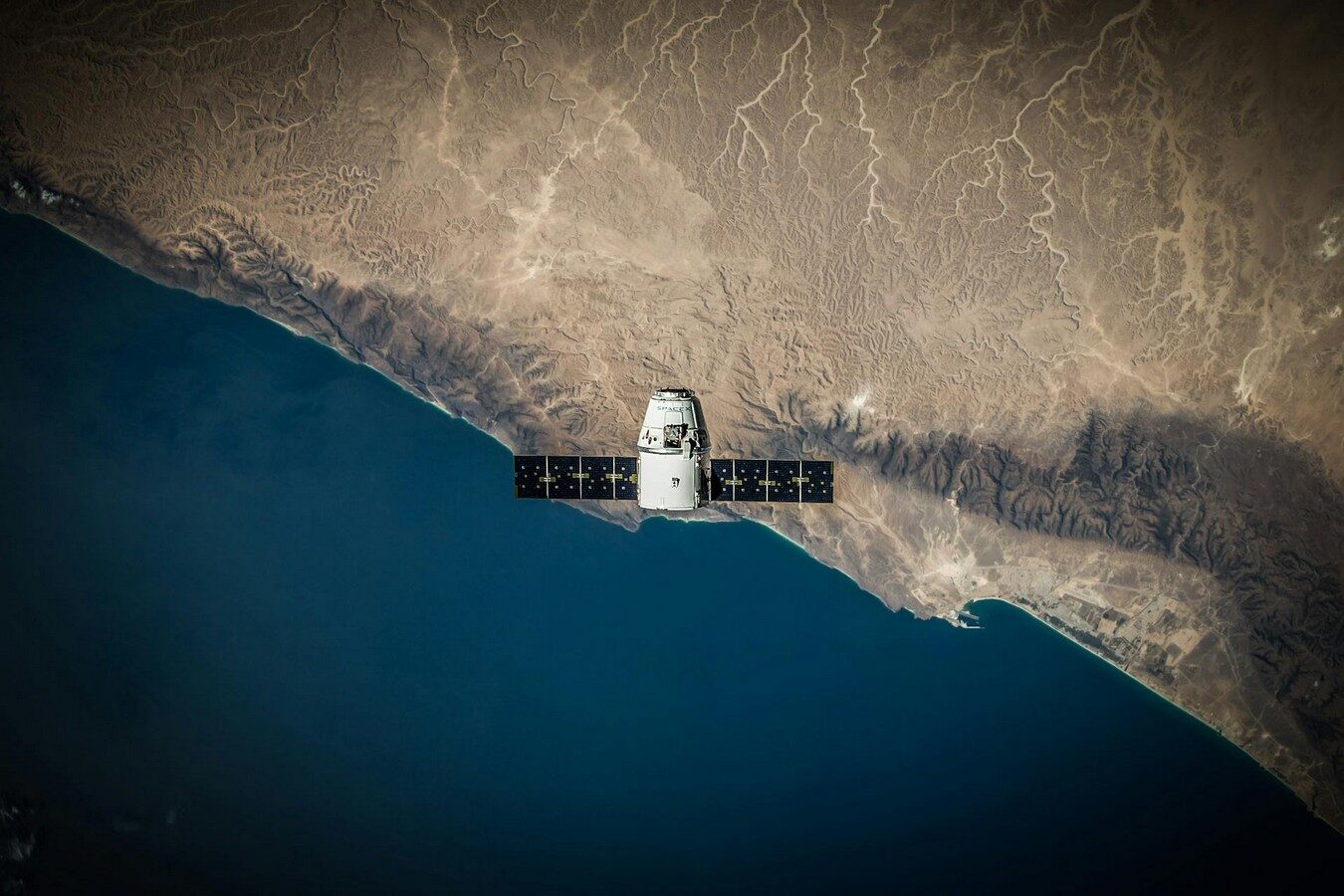
It’s time to dispel the idea that science is too complex or tedious for the general public. © pexels-spacex
An Overwhelmed Population?
The warming trend shows no signs of slowing down. Many recent data points confirm—or even exceed—the IPCC’s projections, published more than two years ago in its Sixth Assessment Report (AR6). Since then, studies have multiplied on biodiversity loss, ice melt, ocean acidification, and extreme weather events.
Scientists warn that the pace of warming and its impacts are outstripping society’s ability to respond and adapt. In the industrialised world—responsible for the majority of emissions—there is growing concern over citizens’ reactions to a flood of bad news. “Eco-anxiety” and “eco-fatigue,” terms coined by psychologists, risk leading to emotional paralysis—precisely the opposite of the mass mobilisation needed to combat climate change.
So far, citizens in more developed economies are reacting positively. In May–June 2023, the EU released Special Eurobarometer 538: Climate Change, based on over 26,000 interviews conducted across the 27 member states. The study found that 93% of respondents view climate change as a serious problem, 63% have already taken personal action, and 84% believe it should be a public health priority. Still, 67% think their governments are not doing enough.
Are We Communicating Effectively?
Yet both the authors of the survey and many experts warn that media outlets often amplify negative data from scientific reports without restraint, as seen in coverage of the June heatwaves. The result is not always helpful: too many warnings can lead to fatigue and withdrawal instead of engagement.
This is a well-studied effect in behavioural science. In the 1990s, social psychologist Kenneth Gergen warned of “mental saturation” in a hyperconnected world: when people are bombarded with information, they often disconnect or respond superficially as a defence mechanism. When fear is involved, the likelihood of disengagement increases.
In such cases, the brain’s ability to process practical knowledge diminishes, and people draw shallow conclusions, making them more vulnerable to misinformation and demagoguery. Psychologists Cristina Huertas and José Antonio Corraliza confirm this in their research Psychological Resistance to Climate Change Awareness, which shows that alarming, threatening messages often trigger defensive rejection. People tend to deny responsibility and feel powerless, believing that their actions are futile: “No matter what I do, the problem is too big for me to make a difference.”
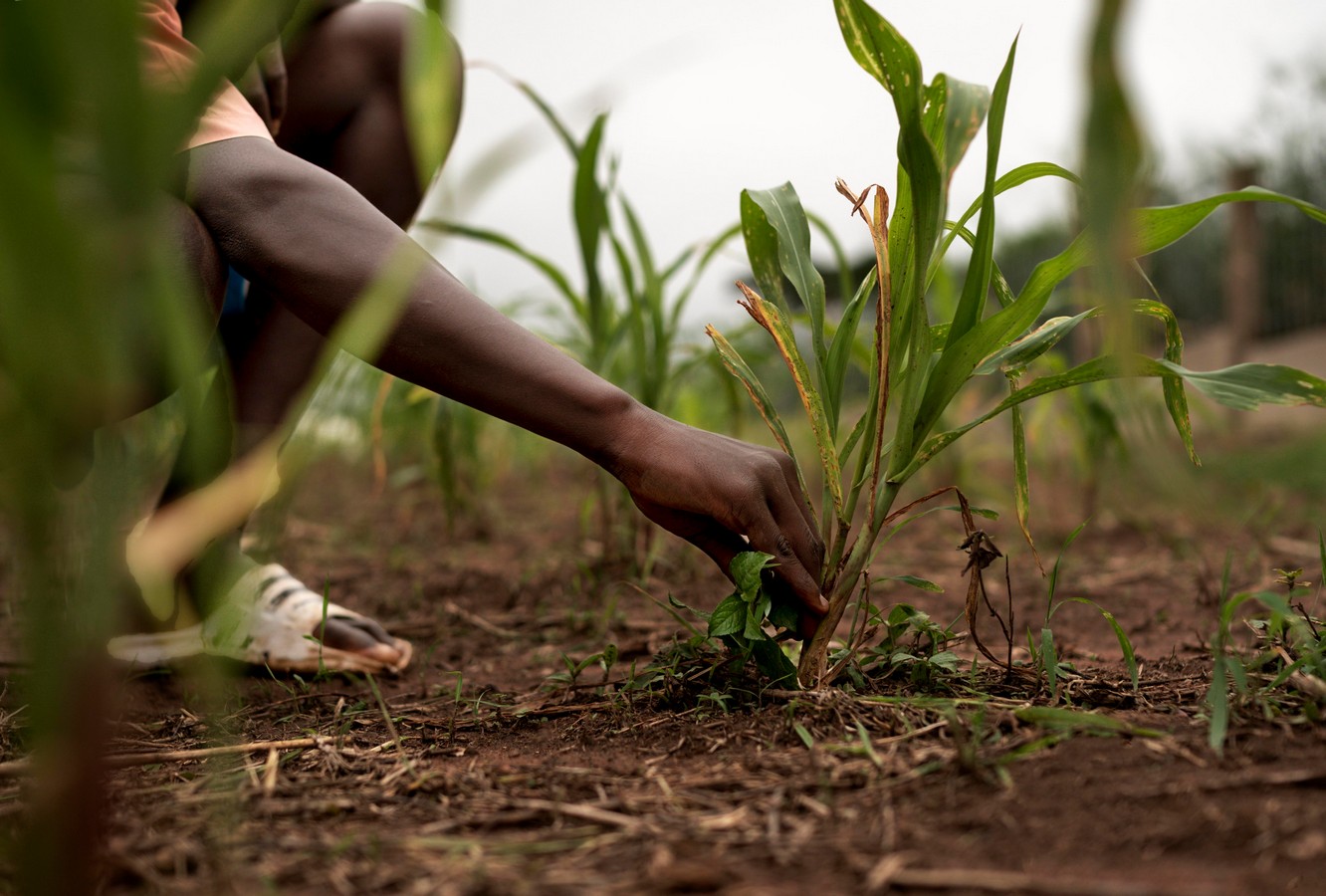
In poorer communities with limited access to education, people are demonstrating their ability to understand the water cycle and how biodiversity protects their crops. © freepick
Science is an Antidote
In 2023, over 15,000 scientists signed a statement warning of the “untold suffering” humanity will face without decisive climate action. But the report also included self-criticism: science has communicated poorly. Technical language, apocalyptic tones, and limited media visibility have contributed to a growing disconnect between science and society.
In recent years, and with increasing urgency, the scientific community is not only publishing findings, but it is also calling out to be understood.
To change this, a new approach to communication is essential. Social psychologists recommend:
- Avoiding catastrophism. The goal is not to downplay the crisis, but to prevent emotional collapse. It is possible to speak of risks without sounding alarmist, always offering hope and paths for action.
- Sharing science. We must abandon the notion that science is too complex or dull for the public. Quite the opposite: interest in science is growing. What is lacking is an accessible and empathetic communication strategy. Many mainstream media outlets still avoid scientific content, fearing it will lose audience, underestimating the intelligence and sensitivity of their viewers.
Scientific communication is effective not only in industrialised nations. In poorer communities with limited access to education, people are demonstrating their ability to understand the water cycle and how biodiversity protects their crops. Our projects demonstrate that educating people about the water cycle is crucial for climate adaptation, biodiversity protection, and raising awareness about the finite nature of natural resources.
Citizen science is key
Bringing science closer to the public doesn’t just mean explaining it better—it means involving people directly. In our nine years of experience with Aquanauts, the Water Keepers, we’ve worked with over 8,500 children and young people to raise awareness about the importance of water care. The results have been inspiring: participants become more curious about learning and innovation in water management, and this curiosity drives them to explore both technological and social solutions. It also develops their critical thinking, essential for advocating environmental policies and combating misinformation.
Numerous citizen science initiatives prove that anyone, anywhere, can contribute to scientific knowledge. We’ve already highlighted some, ranging from grassroots water mapping to advanced satellite monitoring powered by artificial intelligence.
Beyond generating critical data for managing scarcity and pollution, these tools make water realities more accessible, empowering people to participate in decision-making. They not only produce knowledge, they shift citizens from passive spectators to key actors of change.
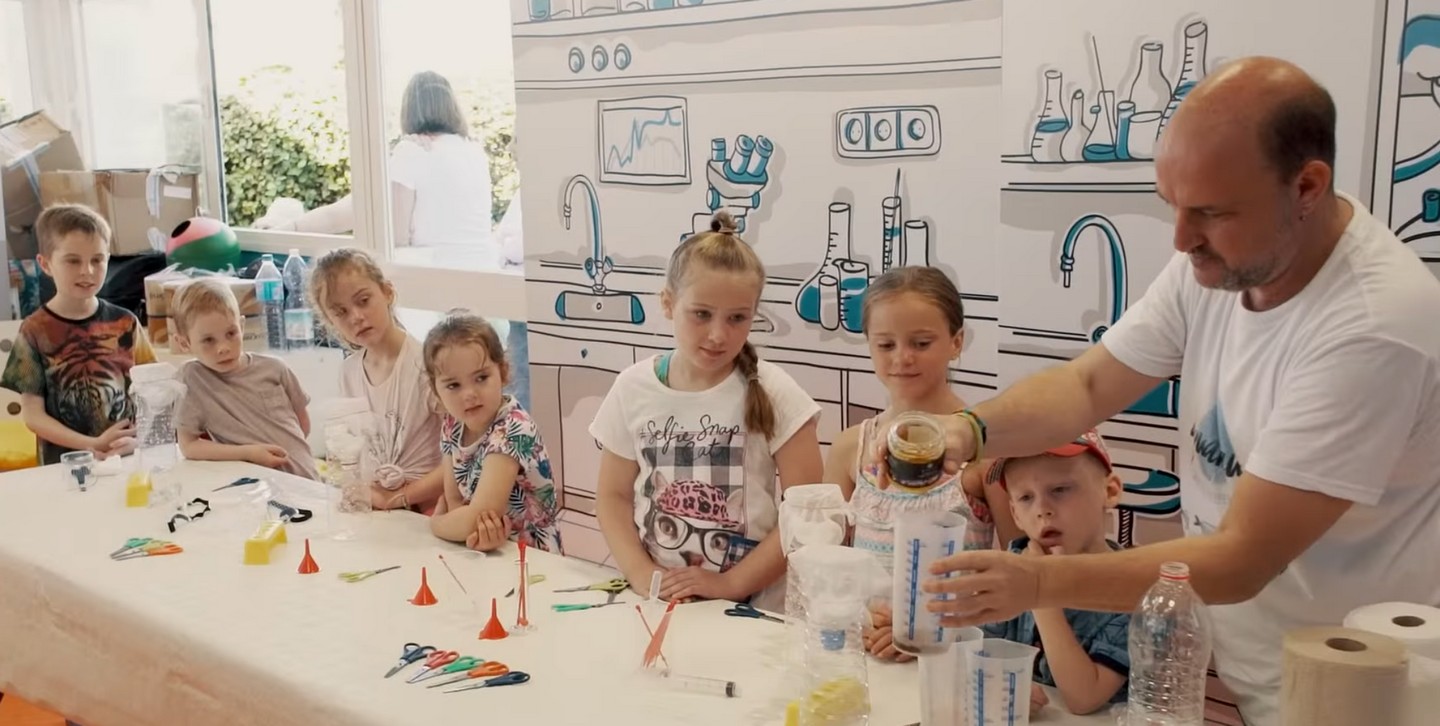
In our nine years of experience with Aquanauts, the Water Keepers, we’ve worked with over 8,500 children and young people to raise awareness about the importance of water care.
A psychosocial emergency
Addressing the climate crisis necessitates concerted political action, technological advancements, and economic transformation. But it also urgently demands a psychosocial intervention. Citizens need to understand to act. And to understand, they need trustworthy, accessible, and sustained channels of scientific information.
That’s why climate summits (COPs) should not limit themselves to technical negotiations between governments and experts. They must commit to science communication, environmental education, and stronger connections between science and society. There is no green transition without an informed, empowered, and engaged citizenry.


